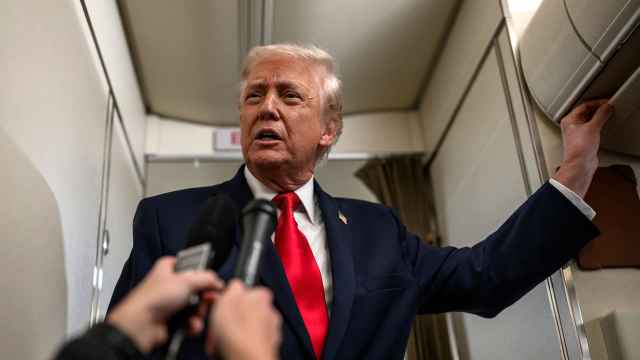
Andrey Ageshin
Partner
Art De Lex Law Firm
As analysts have pointed out, the prompt Russian economic recovery and subsequent oil price escalation caused an increase in M&A activity in 2011. Amid the global financial crisis and the economic downturn in Europe and the United States, the Russian economy is especially attractive for foreign investors. The programs approved by the government on investment generation and state financing for innovation are expected to improve the investment attractiveness of the country. In addition, the government intends to sell state companies and non-core assets out, and it strongly encourages investment. At the same time, however, global instability and the possibility of a new crisis has forced investors to be more cautious and attentive. In comparison with 2010, 2011 saw a substantial increase of mergers & acquisitions.
As research associates have noted, there is currently a trend in which about one fourth of the market share is made up of transactions the state companies are involved in. By the same token, major transactions are usually made between Russian companies.
We believe that market growth in CIS will continue. As for the Russian M&A market, prospects are rather positive.
Foreign investors are greatly anticipating the Russian Federation's accession to the World Trade Organization after the World Trade Organization Ministerial Conference approves the conditions of Russia' s accession to the organization. Moreover, certain legislative amendments were introduced in 2011 that are expected to encourage major transaction growth. For instance, amendments were made to the strategic activities law, the Third Anti-Monopoly Package was introduced, and civil legislation was reformed.

Roman Kolpakov
Associate
Art De Lex Law Firm
As for legislative initiatives, restrictions on debt/equity swaps were lifted. With regard to strategic significant activities for state defense and security, the governmental consent threshold has been increased from 10 percent to 25 percent shares of the charter capital. Some strategic activities were removed from the list.
The list of deals that do not require governmental consent has also been expanded to include deals between organizations controlled by the state, Russian citizens (national tax residents); and deals involving international financial institutions (set up under international contracts entered into by the state, or international financial institutions which the state has concluded international agreements with.
The Third Anti-Monopoly Package was adopted, featuring significant amendments to many different laws.
The Russian Anti-Monopoly Service drafted the bill based on real anti-monopoly practice, as well as on the advice of the Organization for Economic Cooperation and Development. We suppose that some new amendments will have a major influence on various spheres of business and may even bring about changes to the main anti-monopoly restrictions on the market. The amendments may also increase the authority's liability and simplify administrative procedures in order to apply the law in a more effective way.
Some exceptions in relation to anti-competitive agreements and acts were introduced for some internal group contracts, and license contracts for intellectual property issues.
The most noteworthy legislative event is the reform of civil legislation which supposes the introduction of representations & warranties, indemnities and liability for unfair negotiations. Under the draft law, any party that misrepresents facts or presents them in a misleading way (for instance, facts relating to the subject agreement, powers for the fulfillment of the agreement, financial standing) is obligated to provide compensation for the losses incurred by the party who relied on this unfair representation. If the practice of courts corresponds to the draft law, it will be a very successful breakthrough.
The draft law has also introduced compensation for property losses or indemnity, which is borrowed from English law. The essence of indemnity is that the party is obligated to compensate for property losses incurred upon the completion, change or termination of the obligation.
In addition, the draft law sets out escrow and nominal account, once again borrowed from western practice.
We believe that the cited legislative trends will encourage structuring transactions under Russian law and cause a decline in the quantity of transactions structured under English law.
A Message from The Moscow Times:
Dear readers,
We are facing unprecedented challenges. Russia's Prosecutor General's Office has designated The Moscow Times as an "undesirable" organization, criminalizing our work and putting our staff at risk of prosecution. This follows our earlier unjust labeling as a "foreign agent."
These actions are direct attempts to silence independent journalism in Russia. The authorities claim our work "discredits the decisions of the Russian leadership." We see things differently: we strive to provide accurate, unbiased reporting on Russia.
We, the journalists of The Moscow Times, refuse to be silenced. But to continue our work, we need your help.
Your support, no matter how small, makes a world of difference. If you can, please support us monthly starting from just $2. It's quick to set up, and every contribution makes a significant impact.
By supporting The Moscow Times, you're defending open, independent journalism in the face of repression. Thank you for standing with us.
Remind me later.





